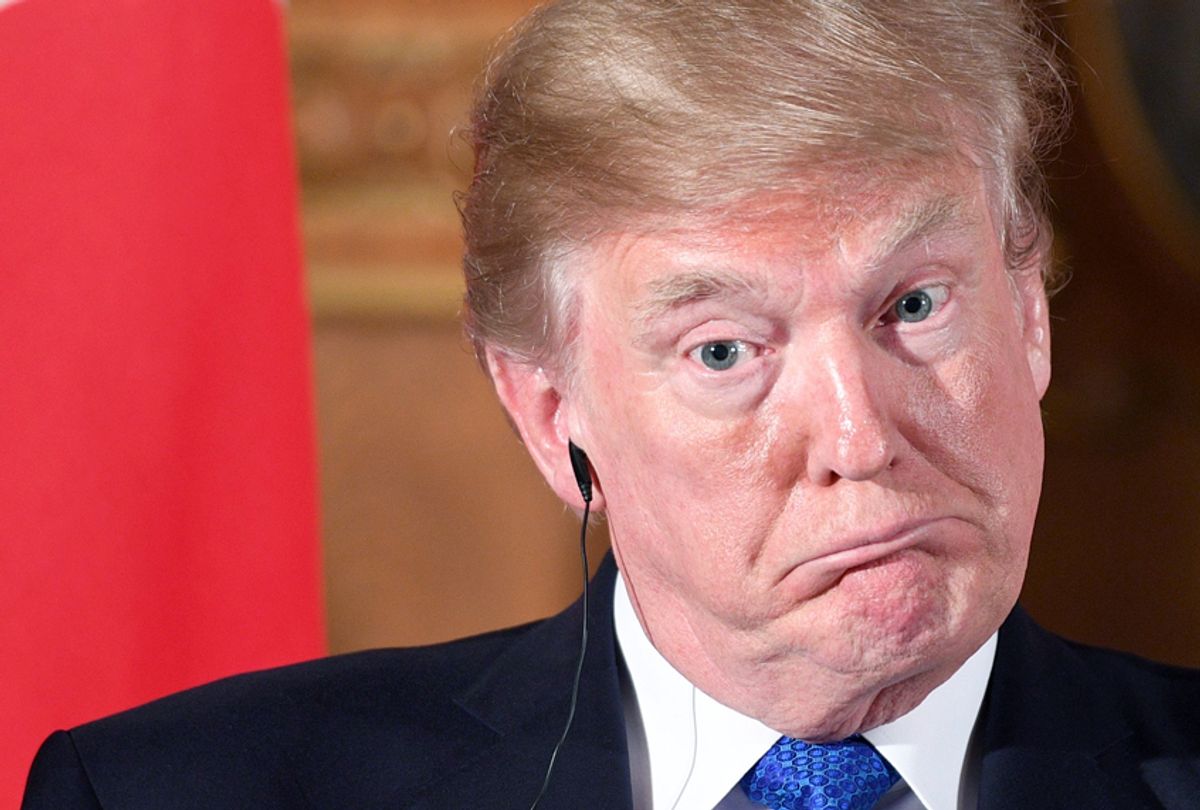On Dec. 15, the White House posted a misleading article to its website that stokes fears about so-called chain migration, in an attempt to push President Donald Trump's anti-immigration policy agenda.
"It's time to end chain migration" a tweet from the White House said. "As a result of Chain Migration, a single immigrant admitted to the U.S. has the potential to bring over large numbers of foreign relatives." The White House has since tweeted several times using the term, painting it as a threat that must be acted on.
The term "chain migration" is often used by anti-immigration hardliners who perceive it as a threat and would like to restrict a legal immigrant from helping family members migrate to the U.S.
Trump has also used the term to ignite fears over terrorism and to indicate that so-called chain migration is a serious national security threat, even though Lee Cissna, the director of U.S. Citizenship and Immigration Services, has said he does not have data to support that claim.
Congress must end chain migration so that we can have a system that is SECURITY BASED! We need to make AMERICA SAFE! #USA🇺🇸 pic.twitter.com/d7L1YW5iVY
— Donald J. Trump (@realDonaldTrump) November 2, 2017
"Chain Migration also undermines national security, by failing to establish merit-based criteria for evaluating entrants into the United States – instead, familial relations are all that is required to obtain a green card and, in turn, become a voting U.S. Citizen within a short period of time, with access to Federal welfare and government benefits," the White House article read.
But "chain migration" is no different than what's been traditionally done throughout American history. A migrant obtains legal status in the U.S. and helps sponsor family members so they can move to the U.S. as well. And it's still a lengthy and arduous process.
Even Trump — as is the same with so many other Americans — has benefited greatly from "chain migration."
Trump's ancestors, which include his grandfather and mother, followed siblings in their migration to the U.S., during a time in which it was common to bring family members when moving to a foreign country.
Trump's presidential campaign was rooted in his anti-immigration rhetoric, so it shouldn't be surprising to see him weaponize language and politicize tragedies in order to achieve his policy agenda. He has demonized immigrants as bringing crime or radicalization into the country, often with little evidence to back up his claims.
The White House also asserted that "chain migration" increases the deficit, despite its staunch support of the deeply unpopular GOP tax plan that is expected to balloon the deficit to the tune of over $1 trillion over the next decade. In reality, immigration crackdowns can end up having a negative impact on the economy.
"If you get rid of chain migration or limit it severely, you're not just impacting the lives of immigrants, you're actually impacting the US economy at large," Pawan Dhingra, a sociology professor at Tufts University, told Public Radio International.
The misleading "chain migration" tweets from the White House didn't go unnoticed on Twitter, as many took issue with the connotations surrounding the term.



Shares